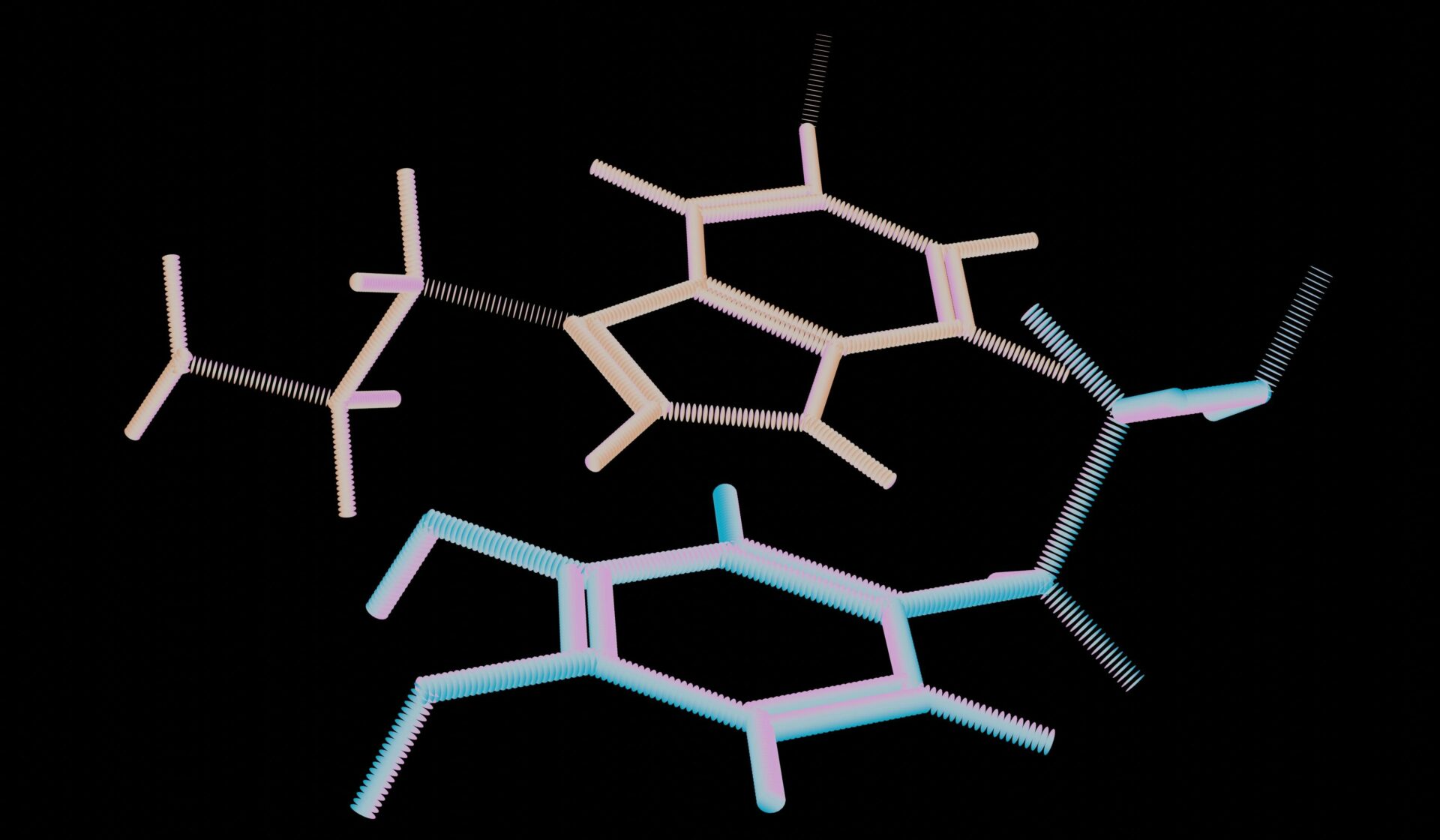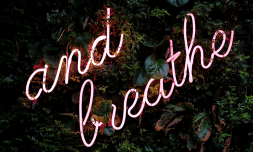Feeling nothing for a day in order to feel more later on is all the rage on TikTok, but does it actually work?
Over the last decade, ‘wellness’ has become such a ubiquitous part of mainstream culture that in 2024, it’s pretty hard to imagine life without it.
A term coined in the 50s when people started realising that there’s more to health than simply treating illnesses reactively, it involves conscious decision-making that’ll supposedly lead to a more fulfilling life.
Unfortunately, despite the fact that some of the trends churned out almost daily are actually rather worthwhile – meditation, psychedelic-assisted therapy, and connecting with nature spring to mind – many of them are often just fads with no real proof that they’ll make any difference whatsoever to our overall wellbeing.
First, there was the time that Gwyneth Paltrow got sued for selling unconceivably expensive crystal eggs because she claimed that shoving them up your hoo-ha had the ‘power to cleanse and clear.’
Then juicing had an absolute moment for allegedly boosting our immune systems when there’s no scientific evidence that it’s any healthier than eating fresh produce whole.
And does anyone remember the explosion of ‘teatoxes’ online, which promised to help us lose weight and feel less bloated, but in reality did nothing other than force us to take far-too frequent bathroom breaks?
Thank God Instagram rolled out policies restricting celebrities from posting about this is all I can say (though the Ozempic craze and Kourtney Kardashian’s lemme pills have landed us back at square one).
Now, while I understand the importance of feeling good as much as the next person, I firmly believe there needs to be a great deal more clarity regarding what works and what doesn’t, particularly from brands and influential figures promoting products to impressionable audiences on social media.
@habitnest Resetting your dopamine levels is a great way to feel good about the little achievements in your life #dopaminedetox #dopaminedetoxchallenge #dopamine ♬ awkward sped up sza – rem
It’s for this reason that I’m somewhat sceptical about dopamine fasting, which is currently all the rage on TikTok as users desperately attempt to curb their phone addiction.
‘With the advent of what might be considered new ‘addictive’ pastimes such as looking at TikTok or Instagram, dopamine seems to be back in the news,’ Ciara McCabe, Professor of Neuroscience, Psychopharmacology and Mental Health, tells Dazed.
Content creator Isabella Oggioni agrees: ‘I think part of it is due to this growing focus on mindfulness and self-care. My generation also tends to label things and join movements – just like we saw with Brat Summer. Maybe now we’re entering Dopamine Autumn.’
The happiness hack isn’t a new eating plan or productivity-improving microdosing-sesh, but an encouragement we be as miserable as possible for short, sharp breaks.
It’s a technique that professionals and even some neuroscientists are getting behind, instructing us to deprive ourselves of all joy (apps, TV, music, you name it) so we can reboot our brains and learn to appreciate the widely-forgotten pleasure of being in the present moment.
‘We’re addicted to dopamine,’ says Silicon Valley chemist and regular ‘faster,’ James Sinka. ‘And because we’re getting so much of it all the time, we just end up wanting more and more, so activities that used to be enjoyable now aren’t.’
As he outlines, ceaseless stimulation is increasing the brain’s baseline until we’ve eventually adapted to extremely high (not to mention unsustainable) levels of dopamine and to avoid this, we must abstain.




















